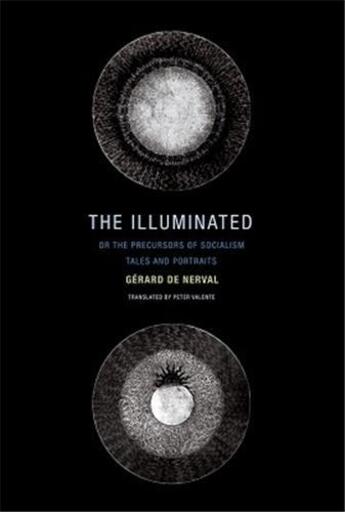Résumé:
First published in French in 1852, The Illuminated was the first of a string of Gérard de Nerval's late works that would culminate in his posthumous fantastical autobiography Aurélia in 1855. The Illuminated collects six portraits of men whom Nerval mysteriously dubbed precursors of... Voir plus
First published in French in 1852, The Illuminated was the first of a string of Gérard de Nerval's late works that would culminate in his posthumous fantastical autobiography Aurélia in 1855. The Illuminated collects six portraits of men whom Nerval mysteriously dubbed precursors of socialism-visionaries who together formed an alternative history of France and a backdrop to a mystical form of madness that Nerval ultimately claimed for himself.Nerval here presents the reader with Raoul Spifame, a mad lawyer who imagined himself to be Henry II, the Abbé de Bucquoy, a man who opposed the monarchy and whose amazing escapes suggested the possession of magical powers, Nicolas Restif de la Bretonne, the 18th-century theosophist who defined God in human terms rather than spiritual, the Count Alessandro di Cagliostro, the famous magus and alchemist, Jacques Cazotte, author of The Devil in Love, who created a synthesis between hermetic ideas and Catholic thought, and Quintus Aucler, a lawyer who sought to revive paganism in the unstable world of French society in the immediate aftermath of the Revolution of 1789.An overlooked work by Nerval, The Illuminated brings together the picturesque and pathos, a peculiar gallery of portraits that blur the boundaries between mysticism and mystification.Gérard de Nerval (1808-55) was a writer, poet and translator who wedded French and German Romanticism and transformed his research into mystic thought and his bouts of mental illness into such visionary works as Aurélia.
Donner votre avis















